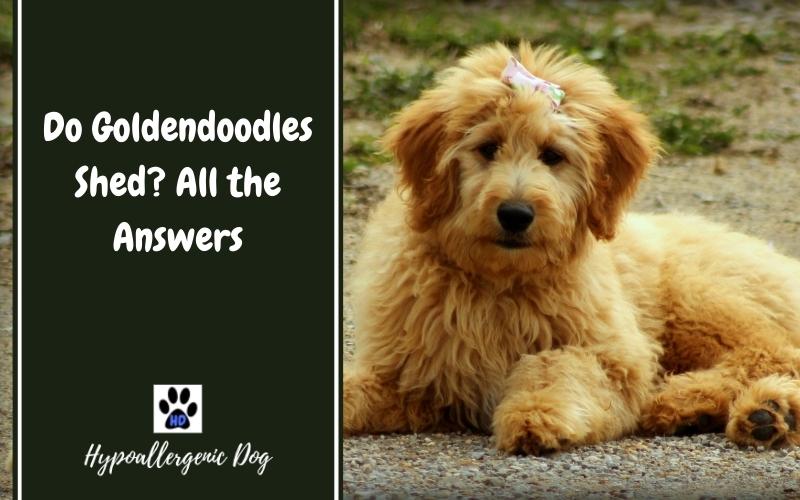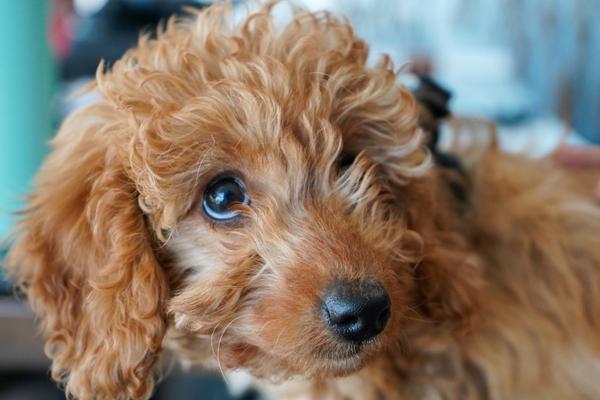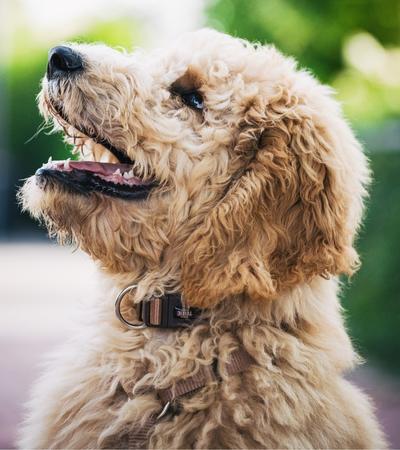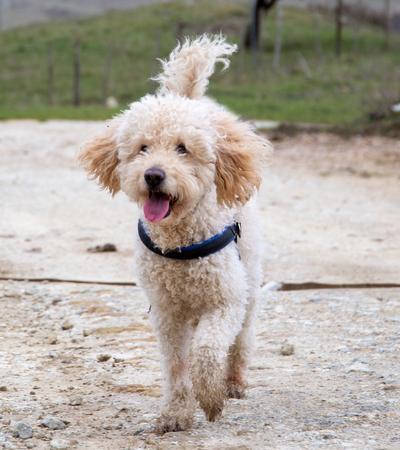Do Goldendoodles Shed?
It’s not uncommon to wonder, do Goldendoodles shed? The simple answer is yes. While there are claims that Goldendoodles are hypoallergenic, it’s not exactly true — no dog is totally hypoallergenic.
However, this breed sheds a lot less often than others, and the reason for this phenomenon will be explained. So, whether you’re adopting a mini, F1, or F1B Goldendoodle, you should know how and why they shed to curb any possible disappointment.
Do Goldendoodles Shed?
Goldendoodles are a hybrid of the Golden Retriever and the Poodle. It’s the most popular Retriever mix and sheds less frequently than the pure Golden. Depending on the dominant genes of the parent, Goldendoodles can be small or medium in size.
However, the issue of Goldendoodles shedding isn’t dependent on their size. It’s a factor of heredity. Their shedding frequency depends on whose coat of the two parent breeds they inherit.
For example, if the Goldendoodle takes after the Golden Retriever, as in, it has a straight coat, it’s more likely to shed. In contrast, if its coat is curly, like its Poodle parent, the offspring will most likely be non-shedding.
While this may not always be the case — it’s a good indication. In short, the more Poodle-like the coat appears, the greater the chance of a non-shedding Goldendoodle.
Do Mini Goldendoodles Shed?
This is a commonly asked question among hopeful owners looking to adopt this intelligent and affectionate breed. With the notoriety of dog shedding and how it affects allergies, having a cute Goldendoodle leave a messy trail behind could be too much.
But thankfully, mini Goldendoodles shed but not as much as most breeds. However, the reason isn’t just because of their size but family history. Most of the smallest Goldendoodles inherit the dominant gene of their Toy or Miniature Poodle parent and are very likely to inherit their coats too. Poodles shed significantly less than the Golden Retriever.
The F1 Goldendoodle is one of the most popular breeds in homes today. This pooch is 50% purebred Golden Retriever and 50% purebred Poodle. Regarding shedding, F1 Goldendoodles have no single pattern. If the Poodle gene is dominant, it means less shedding. On the other hand, a Goldendoodle with stronger Golden Retriever genes means more shedding.
Most owners have had luck getting F1 Goldendoodles with the Poodle gene as the dominant side, which is why it’s widely accepted that F1 Goldendoodles are hypoallergenic — to an extent.
Do F1B Goldendoodles Shed?
The F1B Goldendoodle is considered to be the least shedding variant. This dog is a mix of a purebred Poodle and an F1 Goldendoodle. So, in essence, they are 75% Poodle and 25% Golden Retriever. With the statistical factor of this hybrid, it’s less likely to cause shedding problems than any other variant because of its high chance of taking on the more contributing Poodle genes.
Aside from the fact that heredity plays a huge role, other factors could trigger shedding — seasonal changes are one example. Below are a few more reasons that could cause shedding in Goldendoodles
- Bathing your dog too much.
- Stress.
- Inadequate supply of nutritional needs.
- Dog allergies.
- The health state of your dog.
What you can do to curb the shedding include:
- Get used to a regular brushing routine.
- Bathe them no more than once a month.
- Opt for a variant less likely to shed.
Goldendoodles aren’t totally hypoallergenic, as all dogs shed to a degree. And, you may want to tilt towards adopting an F1B for more assurance of controlled shedding — these dogs are statistically the least shedding breed among all the Goldendoodle mixes. However, you can take precautionary measures to manage shedding.
So, in answer to the question, do Goldendoodles shed? Yes, they do, but they don’t shed as much as other breeds. This is why they’re an ideal choice if shedding and allergies are your concern.





